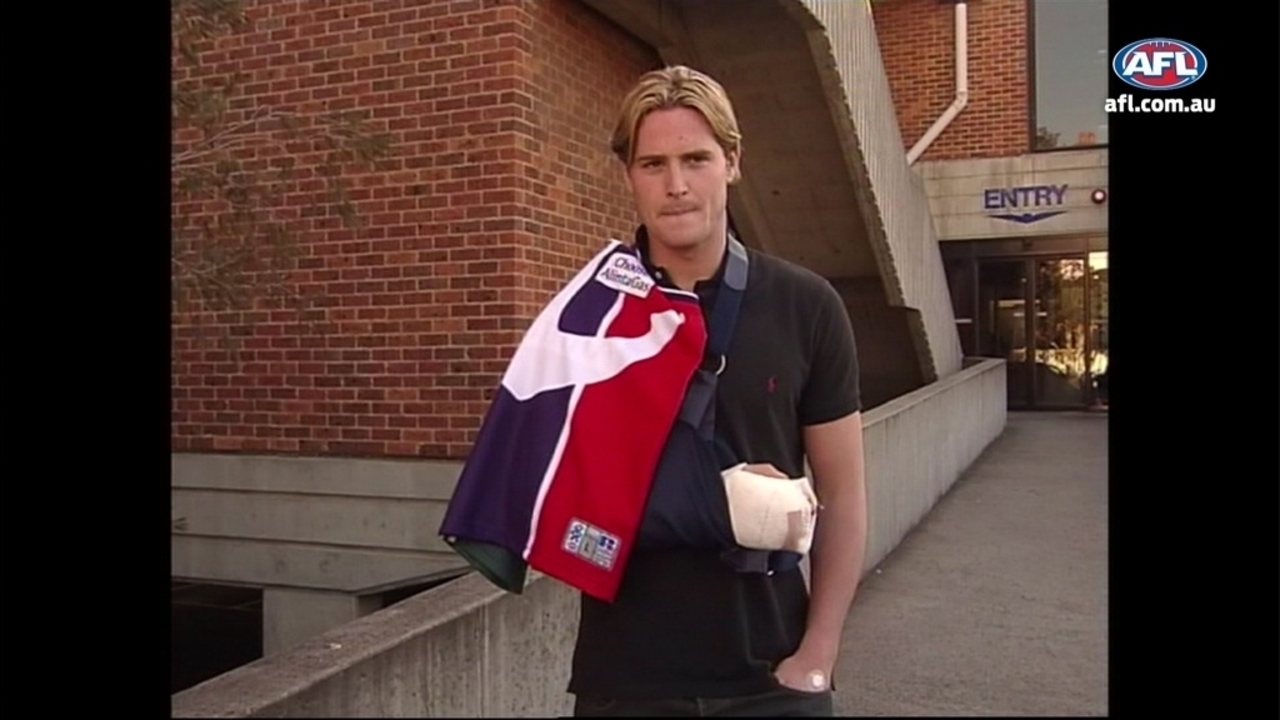On paper least at the time I don't think that trade was even that bad, just nobody actually bothered to check with Mr Croad on how happy he would be on moving over here. And who knows who we would have taken with it anyway.
Hodge and Riewoldt are probably the only number one picks that were better players than McPharlin.
Pick 36 quite often gets you a spud that plays less than 20 games.
We traded Croad for pick 10, which we drafted Ryley Dunn with. If we’d drafted David Mundy here instead of nine picks later what would people think of that?
Croad and McPharlin would be the modern day of Gold Coast trading Peter Wright and Ben King to the same club - it’d be worth two first rounders and more.
Let’s also remember our recruiters would’ve drafted Graham Polak pick one anyway and who really knows who we would’ve drafted at pick 36 (probably not Sam Mitchell). The trade itself wasn’t a bad idea - it was just the wrong year to do it and Hawthorn used their picks amazingly.




